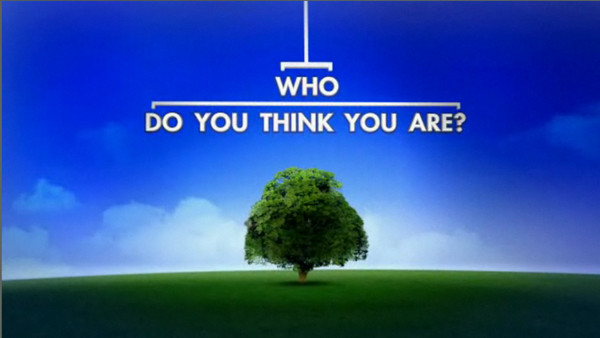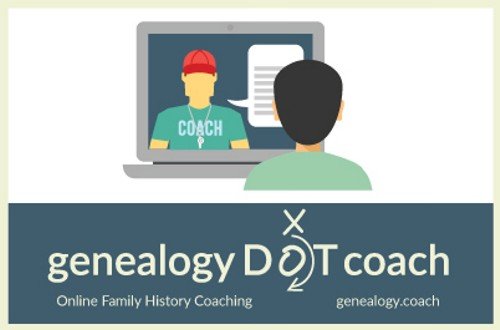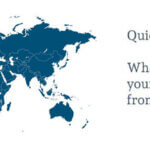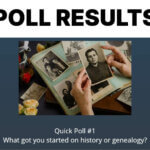 Copyright and Attribution are both important facets in themselves, but as both have shown to be issues on Facebook recently, so I have decided to put them together for the purpose of this post.
Copyright and Attribution are both important facets in themselves, but as both have shown to be issues on Facebook recently, so I have decided to put them together for the purpose of this post.
COPYRIGHT
First up copyright. I’m not going to in to the entire issue of copyright here, as it is very long and complex. But it appears that there are some misconceptions about what is copyrighted. The issue came up recently when it was discovered that a product that we sell had been put online on Facebook for everyone to download for free, which is a breach of copyright.
We kindly wrote to the list admins and asked that they remove the post with the file, to which they did. However they also commented about having to take it down, making it look like we asked for it to be removed simply due to the fact that we sell the product. Not true. But it also started a discussion about why it had to be taken down, and “surely the info on this title is out of copyright” etc.? So I thought I would explain.
Copyright exists in several forms of the content:
1. The actual original content – the creator (or archives in the case of records) determines how it may be used
2. Any compilation from the original (index/extract etc.) – the compiler owns the copyright of the data in the form presented (but not the original information)
3. The form in which is it is published (typesetting/CD) – the publisher usually owns the copyright on this
To name the title, and put it into context here, the title was Robin Haines’ “Bound for South Australia: Births and Deaths on Government-Assisted Immigrant Ships 1848-1885“. The question was raised that “these records are old and are surely out of copyright, so what’s the issue”?
Yes, the information in the original records may used for reasonable research purposes or as allowed by the creator or holding archives. Robin used the original records to extract and transcribe data for this title, which makes her the copyright holder of the form of what she extracted. And Gould Genealogy then produced the publication for her on CD, so we are the copyright holder of CD form of the data.
So if those who put up the file for download had accessed the original records and scanned, or extracted the data themselves, this would not have been an issue. But it was simply the fact that they uploaded Robin’s publication word-for-word. That was the problem. Surely you can understand that if someone spends years compiling a publication, they should get some reimbursement? And to those who want it for free, can I suggest that you check out your local library or genealogy group to see if they have it. And if they don’t, ask them. I know that they want to provide products that people will use, so I know some at least have a request list.
Anyway, back to copyright. There are exceptions, but generally an item is out of copyright (unless they have assigned it to another family member in their will, which you do need to check) 70 years AFTER the death of the author or compiler.
So I hope that clears up a little confusion about just what is covered by copyright. It is a legal issue, and we didn’t make the laws. We just simply need to abide by them.
ATTRIBUTION
Now on to my second point. Attribution. For me this could come under the title of social media etiquette (yes, there is etiquette), and this one doesn’t just apply to Facebook either, but all social media mediums. And it is simply giving acknowledgement to someone. To me it is just plain courtesy anyway, but it doesn’t seem to be with everyone. If you see someone’s post on your Facebook, Twitter or Google+ feed and like it, and wish to share it, do so saying where you saw the link. Hit the “SHARE” button on Facebook, the “RETWEET” button of Twitter, or the “ARROW SHARE” button on Google+. Doing that acknowledges where you saw it.
It’s just a little way of saying “hey, ……… thanks for the link, it’s really cool and I want to share it with all of my friends” without actually saying that. Or as Lucy writes on the blog link below “Credit work that is not your own.”
I’m not saying that you have to acknowledge every single thing you share online. I have several thousand unread emails in my inbox, some dating back to last year. Most of these are emails which list new websites. So every now and then I go through a few more and find a great link and pop it up on our Facebook page. Or if I read an article in a genie mag (geneally old, as I never keep up to date with my reading), I might mention something from that. But I’m really just asking you to think about courtesy when posting things.
And if you want to know more about social media etiquette you can Google it, and a whole heap will come up. But one that does really have it all is Design Sponge. You can read all of the rules they list here.
—————————————————-
So that’s my post for today. I’m just simply writing this for educational purposes just to let you know. And if anyone does have feedback, please feel free to share either in the comments box below, by email, or via social media.









